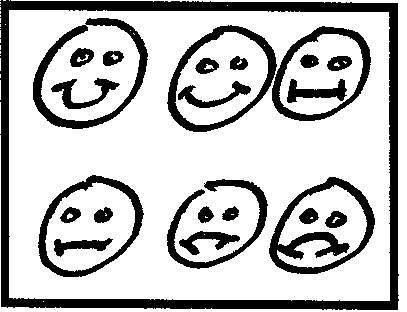 The attention we give to (or withhold from) tragedies has little to do
The attention we give to (or withhold from) tragedies has little to dowith numbers: many hundreds can die in a cholera outbreak in Zimbabwe or hundreds of thousands in an earthquake in China and it receives
nowhere near the press and public outrage as nearly 200 killed in terrorist attacks in Mumbai. (This isn’t meant to diminish the tragedy
of Mumbai, only to act as comparison.)
Still, we can imagine the evolutionary logic of this: our mind quickly jumps to the cause of a disaster, evaluating it for relevance toour own survival. Once we’ve “solved the crime” of culpability, it’s as if the case is closed—we know what to be wary of and our brains can
move on. Thus, because we understand the causes and risks of natural disasters (and may take a similar point of view about car bombings in areas in which they’ve become commonplace), the tragedies that grab our attention are those that are unexpected, and that have causes and
motivations we struggle to explain. The Mumbai gun attacks make everyone nervous because, well, we wonder if it could happen here, to us.
Intention matters, too. Shankar Vedentam points out in an article for the Washington Post that the person who tries to kill a child and fails is seen as worse than the drunk driver who kills a child in an accident.
Most of the time, assigning increased blame to people with bad intentions is logical: people who intend harm generally do the most harm. But, as Vedentam point out, punishment is often
influenced by results as well as intention. The person who stabs and kills a person is punished much differently than the person who stabs with the intention to kill, but whose victim survives.
Is the crime any different?
Does the terrorist who kills two people in a conventional bombing deserve harsher punishment than the terrorist whose plot to set off a nuclear bomb is foiled by James Bond as the bomb ticks toward zero?
So struggling to understand a tragedy’s cause, finding that this cause is malicious, and seeing extreme results from this intention all increase our outrage. And when all three align, as in the case of successful terrorism, our outrage is extreme and so too can be our
response.
To most of us, this feels right. More difficult is logically evaluating when our “extreme” response exceeds the bounds of reason and justice.
For more on how we perceive and punish crime, check out this recent article on the Science Channel blog.






Comments